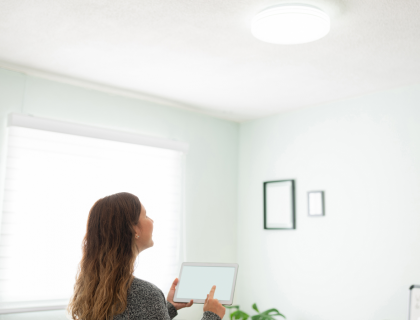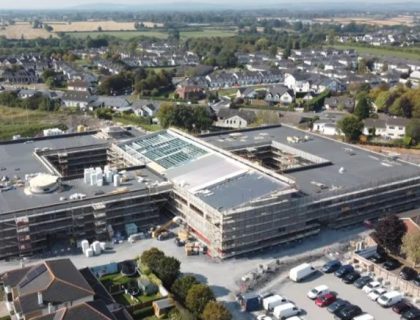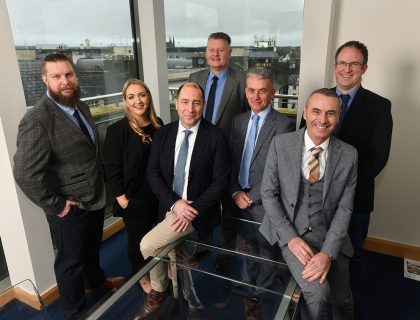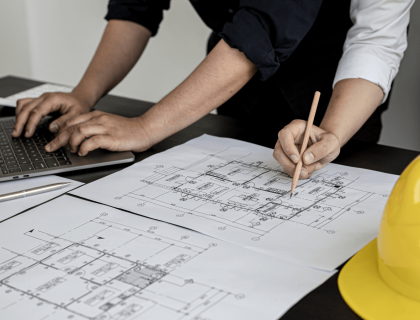New buildings in Ireland are now required to have 20% of their energy use derived from renewable sources.
There is a major onus on businesses in particular to reduce their carbon emissions. With over 109,000 commercial buildings in Ireland alone, there is a major push to make these buildings more sustainable, especially if we want to meet our goal of net-zero carbon emissions by the year 2050.
Many businesses are turning to mechanical and electrical engineering solutions to help them maximise the energy efficiency of their corporate properties.
Mechanical Engineering vs Electrical Engineering
Before we discuss how these core engineering services are driving sustainability, we must first understand what they mean.
What is Mechanical Engineering?
While mechanical engineering is an extremely broad and diverse field, it is, at its core, concerned with applying problem-solving techniques and engineering principles to create solutions and help bring ideas for products, technologies, and buildings to life. It is the science of designing, analysing, manufacturing, and maintaining mechanical systems using the likes of engineering and mathematical principles.
Virtually every product on the market has mechanical engineering at the root of its creation. This includes mechanical systems relating to buildings such as heating, air conditioning, ventilation, sprinkler systems, and water services.
What is Electrical Engineering?
Electrical engineering can be described as a discipline of engineering that analyses, designs, and applies electrically powered devices, equipment, and systems.
Tasked with producing electricity in a sustainable and efficient manner, electrical engineers develop and work on a vast array of systems that generate, administer, and employ electricity. Lighting systems, power distribution systems, and data systems are all products of electrical engineering.
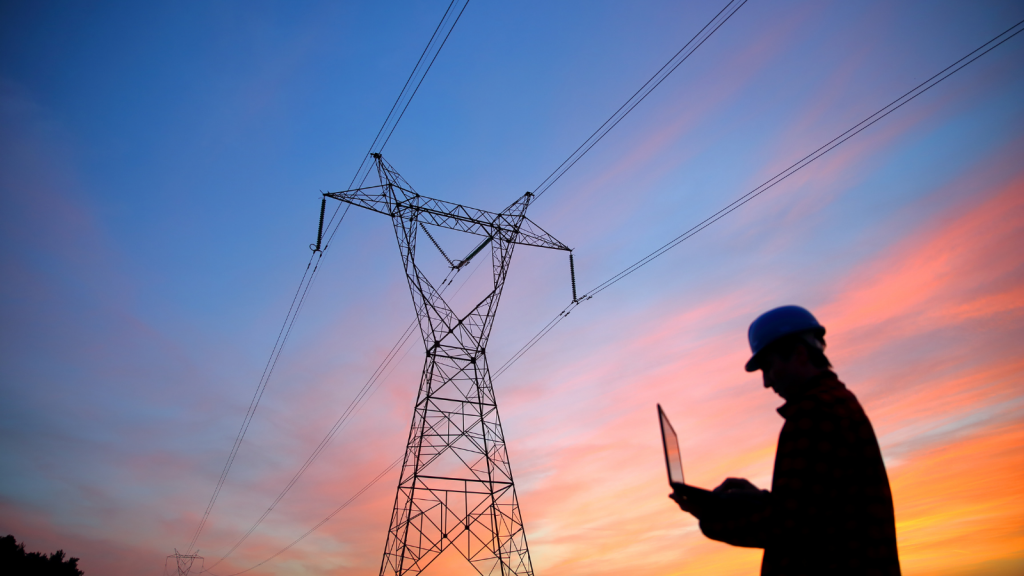
How Mechanical Engineering & Electrical Engineering are Driving Sustainability
Mechanical Engineering
When it comes to the energy industry mechanical engineering is imperative. Without it, we would not be making the developments necessary for our buildings to harness energy from renewable sources, and to make more mindful use of existing resources.
The growing need to reduce the energy use of buildings has inspired a major shift in the design of mechanical service systems. In many of our recent projects, we managed to design solutions that do not require additional ventilation or air conditioning.
The innovations being made to mechanical systems such as water systems are allowing us to achieve a level of building sustainability that would have previously been considered unattainable.
Heating Systems
Huge advancements have been made to the systems we use to heat buildings.
Firstly, vast improvements in building insulation and overall air tightness enable us to use much smaller heating systems.
By restricting heat flow, effective insulation can eliminate the need for large, energy-intensive heating apparatuses.
New plant solutions for buildings are also being incorporated to reduce energy costs. At Lawler Consulting, we are increasingly utilising biomass boilers, heat pumps, solar heating, and geothermal systems in the buildings we design. For instance, electric heat pumps are reported to have an energy efficiency of 300%.
Air Ventilation Systems
As previously mentioned, many of our projects do not even require air ventilation and conditioning systems. This is courtesy of being able to maximise the passive design potential of buildings.
When such systems are required, however, the use of fully zoned air conditioning, and hybrid VRF (Variable Refrigerant Flow) to reduce refrigerant, makes for extremely efficient solutions. No refrigerant is used in occupied spaces with hybrid VRF, providing comfortable and stable temperatures.
Read about our recent project at 78 St. James Street London where we employed fully zoned air conditioning with hybrid VRF.
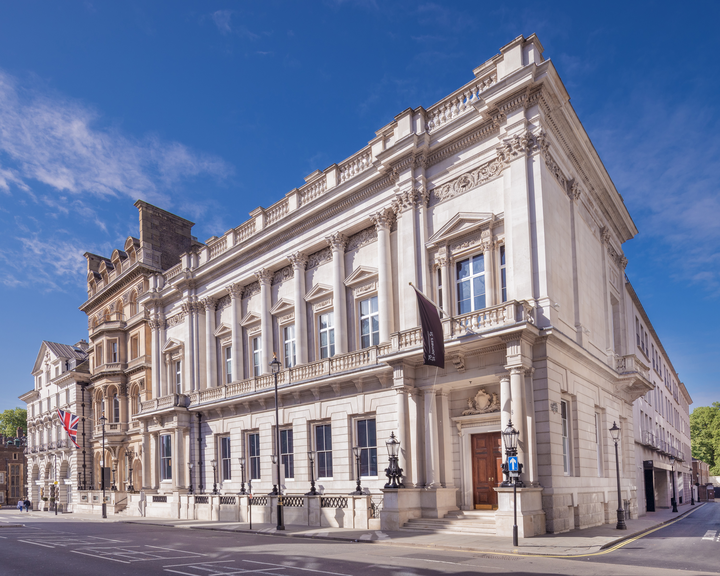
Water Services
Greater emphasis is being placed on reducing the amount of water consumed by businesses. Reducing water consumption is not only of environmental interest to businesses but also financial interest as water charges in Ireland continue to rise.
Businesses are being helped by the development of rainwater harvesting systems and other solutions that involve the use of private water sources with water treatment, greywater schemes, and other conservation measures. Rainwater harvesting systems, for example, collect, filtrate, and store rainwater which can then be recycled for processes.
Electrical Engineering
Many companies struggle to make efficient use of electricity and are at a disadvantage both sustainably and economically as a result.
With the environment coming under increasing pressure, and electricity costs continuing to rise, it is crucial that we take advantage of opportunities to influence electrical consumption.
Major strides in the likes of combined heat and power (CHP) plants and intelligent lighting systems are helping organisations manage their electricity use more sustainably.
Combined Heat and Power (CHP) Plants
Increasingly, our buildings are incorporating combined heat and power (CHP) plants, as site-generated electricity can meet the base electrical load more efficiently and cost-effectively.
A combined heat and power (CHP) system produces electricity and heat simultaneously from a primary fuel (such as natural gas), usually in the form of steam or hot water. A turbine or engine driven by a natural gas alternator then generates the electricity on site.
Intelligent Lighting
Smart lighting systems are making it much easier for businesses to manage their energy consumption.
Many of our projects now include intelligent dimming systems that enable the user to both locally and remotely alter a building’s lighting levels.
The incorporation of daylight and occupancy sensors has also contributed to a surge in energy efficiency. These innovations enable demand-driven lighting and ensure as little energy as possible is wasted.
Lastly, upgrading to LED lighting is a highly effective way for your business to reduce its energy consumption, lower its carbon footprint, and make significant cost savings. A full overhaul of your business’s lighting systems could result in lighting bill reductions of up to 80%.
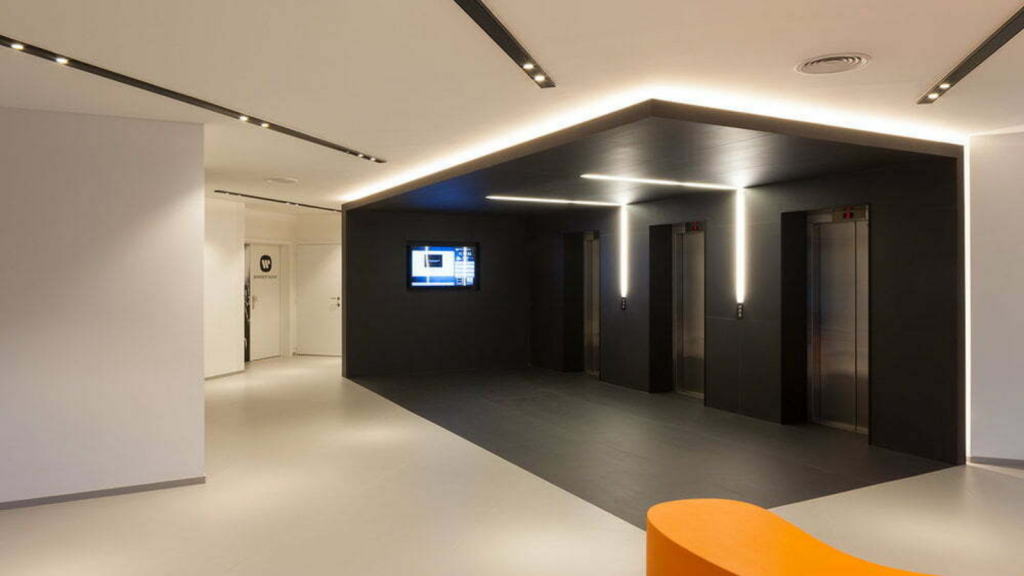
We hope you enjoyed learning about how mechanical and electrical engineering is making our buildings more sustainable! Next, why not check out our article on ‘5 Benefits of an Energy Management System’.
Our mission at Lawler Consulting is to make our buildings more energy-efficient, cost-effective to operate, and sustainable. If you are interested in our energy reduction solutions, please contact us here.
Follow us on LinkedIn to keep up to date with all of our latest developments and industry trends.

